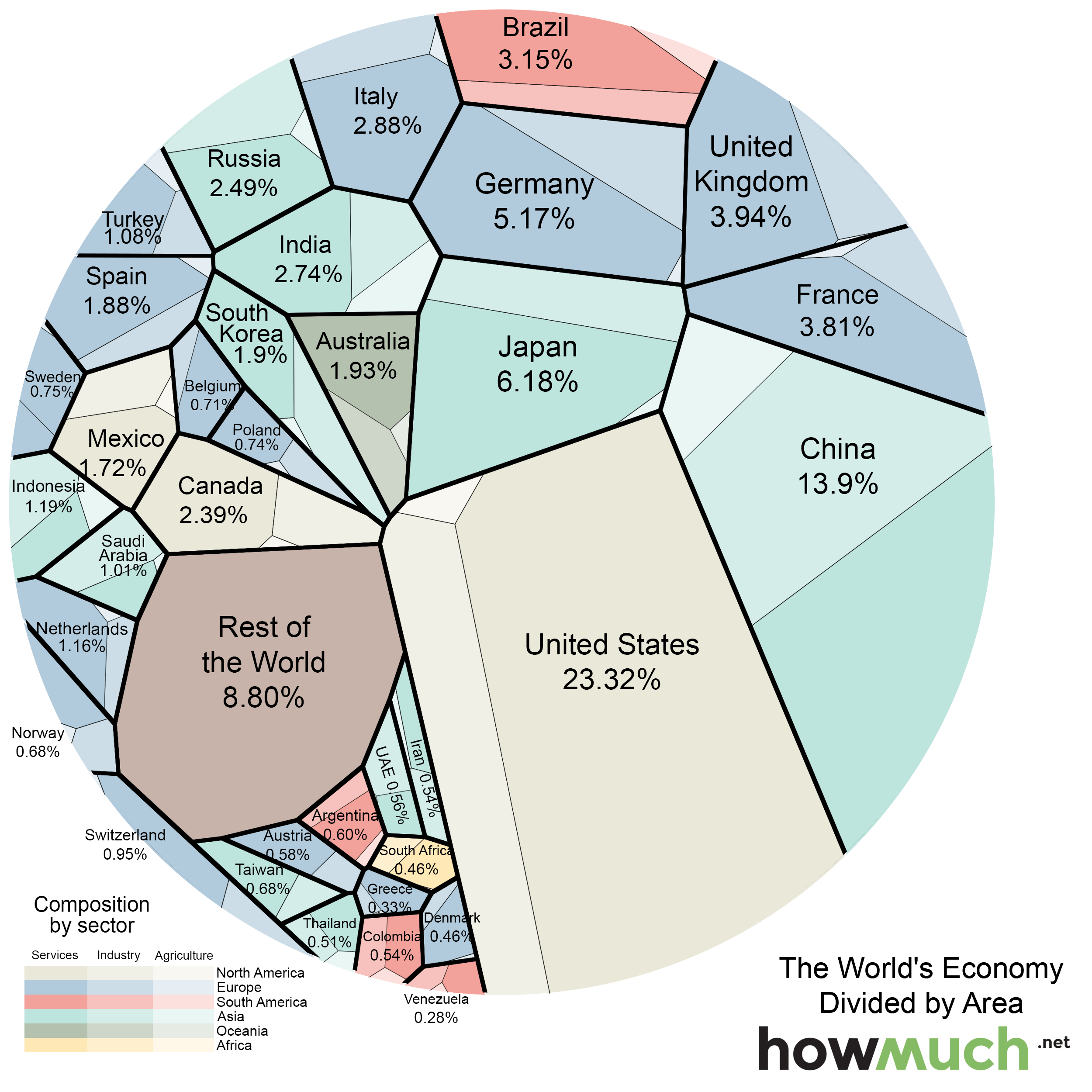The Economics of Blockchain: Understanding Its Impact on the World Economy

Introduction

Blockchain technology has emerged as a groundbreaking innovation with the potential to transform various industries and reshape the global economic landscape. This distributed ledger technology offers a secure, transparent, and immutable way to store and share data, opening up new possibilities for collaboration, efficiency, and trust in a digital world. Understanding the economic implications of blockchain is crucial for policymakers, businesses, and investors seeking to navigate this transformative technology’s rapidly evolving landscape.

Enhanced Efficiency and Cost Reduction
One of the most significant economic impacts of blockchain is its ability to reduce costs and improve efficiency in various sectors. By automating processes, eliminating intermediaries, and streamlining supply chains, blockchain can save businesses time and money. For example, blockchain-based payment systems can reduce transaction fees and processing times, while distributed registries can streamline asset management and property transactions, reducing paperwork and administrative costs.
Increased Transparency and Trust
Blockchain’s inherent transparency and immutability enhance trust and accountability in economic transactions. By providing an open and verifiable record of actions, blockchain can reduce fraud, promote compliance, and foster confidence among participants. For instance, in supply chain management, blockchain can track the movement of goods from origin to end-user, ensuring transparency and preventing counterfeiting.
New Business Models and Innovation
Blockchain opens up new avenues for innovation and the creation of disruptive business models. Decentralized applications (dApps) built on blockchain platforms can provide services ranging from alternative banking solutions to decentralized marketplaces and peer-to-peer energy trading. These dApps have the potential to challenge existing industries, foster competition, and drive economic growth.
Financial Inclusion and Access to Capital
Blockchain technology can empower individuals and small businesses with limited access to traditional financial services. Decentralized finance (DeFi) platforms built on blockchain offer alternative lending models, microfinancing options, and digital asset exchanges, expanding financial inclusion and bridging economic gaps.
Economic Challenges and Considerations
However, alongside its potential benefits, blockchain adoption also presents certain economic challenges. Privacy concerns arise due to the immutable nature of blockchain transactions, requiring careful balancing of transparency and data protection. Additionally, the volatility of cryptocurrency markets can introduce uncertainties and risks for businesses and investors. Moreover, regulatory frameworks for blockchain technology are still evolving, requiring collaborative efforts among governments and industry stakeholders to ensure responsible development and adoption.
Conclusion
The economics of blockchain is a complex and evolving field that carries both immense opportunities and challenges. By reducing costs, enhancing trust, enabling new business models, and fostering financial inclusion, blockchain has the potential to reshape the world economy. However, addressing privacy concerns, managing market volatility, and developing a robust regulatory framework are crucial for harnessing the full benefits of this transformative technology. As blockchain technology continues to mature, its impact on the global economy will undoubtedly be significant, demanding continuous monitoring and adaptation to guide its responsible and equitable implementation for a brighter economic future.
